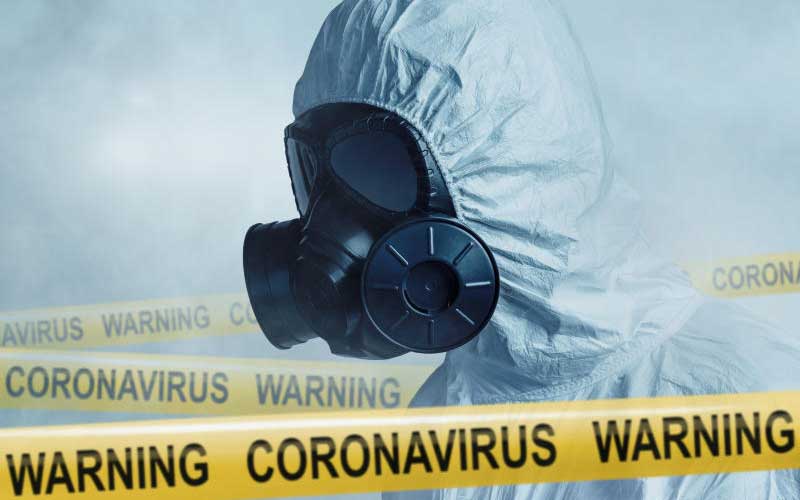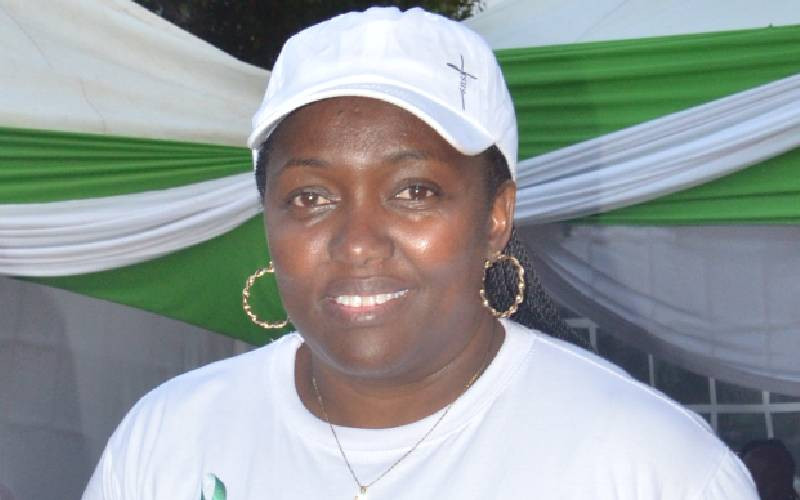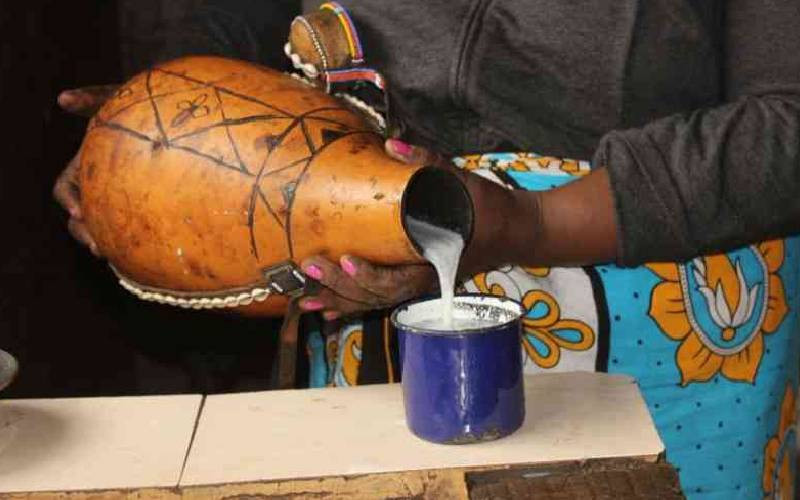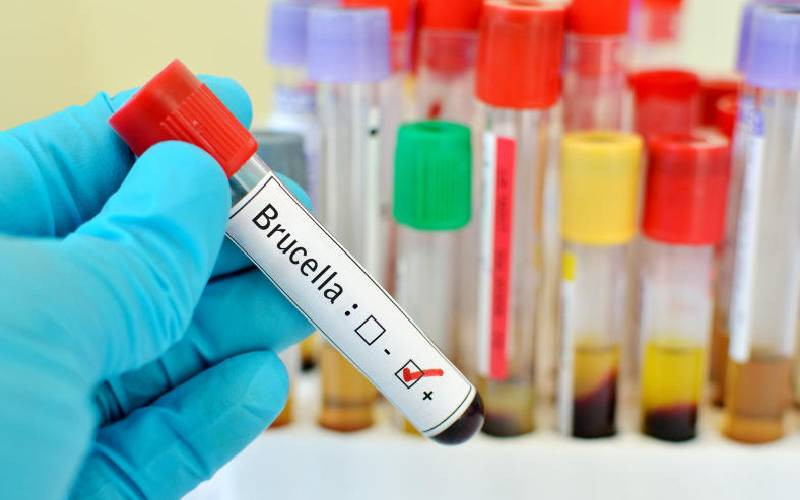
Precaution: They need washable gowns, type N95 masks, goggles and full face shields
Frontline healthcare workers have been thrown at the centre of the unfolding coronavirus crisis as one of the agents for transmission of the disease, partly for lack of protective equipment.
Interaction with patients without proper training on how to avoid catching the virus is only helping compound matters, this coming a day after news that a clinical officer and her husband had tested positive for the disease.
Yesterday, the workers took on the Government individually and through their unions in a protest with one aptly describing their duty of attending to patients as a “calling, but not martyrdom”.
It was an expression of frustration shared by many of her peers who are either medics, cleaners or food handlers who regularly make close contact with patients.
Their collective fear was that they could inadvertently pick the virus before spreading it to their contacts including friends and family, at no fault of their own.
Representatives of the workers and individual medics stationed at the pandemic’s Ground Zero, Kenyatta National Hospital, who talked to The Standard, said training was insufficient, short and equipment lacking.
“The situation remains the same, we are now exposing ourselves and our families to the virus,” George Gibore, the Secretary General of the Kenya Union of Clinical Officers said.
The medic cited a survey he claims was conducted by the union to check on preparedness to handle Covid-19 among its members, and the findings were awakening.
“98.8 per cent of our members do not have access to proper protective equipment while 96 per cent have not been trained,” said the unionist.
In one case where trainers of trainers were showing their peers how to manage a Covid19 patient, Gibore claimed, the requisite gear was absent.
Rowena Wairimu, a medical doctor based in Murang’a, said in a post that stirred huge conversation online, that while she has responded to the calling to be a medical practitioner, she had not chosen to be a martyr.
“I have dedicated myself as a frontline healthcare worker in this Covid-19 pandemic. I promise to do everything possible to take care of you. Government of Kenya, I need personal protective equipment to protect myself and my family,” wrote Dr Wairimu.
Protective equipment
But a pathologist involved in the collection of samples for testing from suspected cases at the KNH said the protective equipment donated to Kenya “had just started arriving” including what they wore yesterday.
On the list of parts of the protective gear were washable gowns, type N95 masks, goggles and full face shields, which they indicated would greatly enhance their safety at work.
Boaz Onchari, chairman of the Kenya National Union of Nurses, however, said the State was only engaging in public relations stunts knowing all too well that there is no capacity to address the pandemic.
Specifically, he said, the available N95 nationally are not even enough to cater for Mbagathi Hospital which hosts the biggest isolation wards.
"We are already in a huge crisis where healthcare workers are exposing themselves to danger with the Government seemingly uninterested in the safety of nurses," Onchari said.
 The Standard Group Plc is a multi-media organization with investments in media
platforms spanning newspaper print
operations, television, radio broadcasting, digital and online services. The
Standard Group is recognized as a
leading multi-media house in Kenya with a key influence in matters of national
and international interest.
The Standard Group Plc is a multi-media organization with investments in media
platforms spanning newspaper print
operations, television, radio broadcasting, digital and online services. The
Standard Group is recognized as a
leading multi-media house in Kenya with a key influence in matters of national
and international interest.











